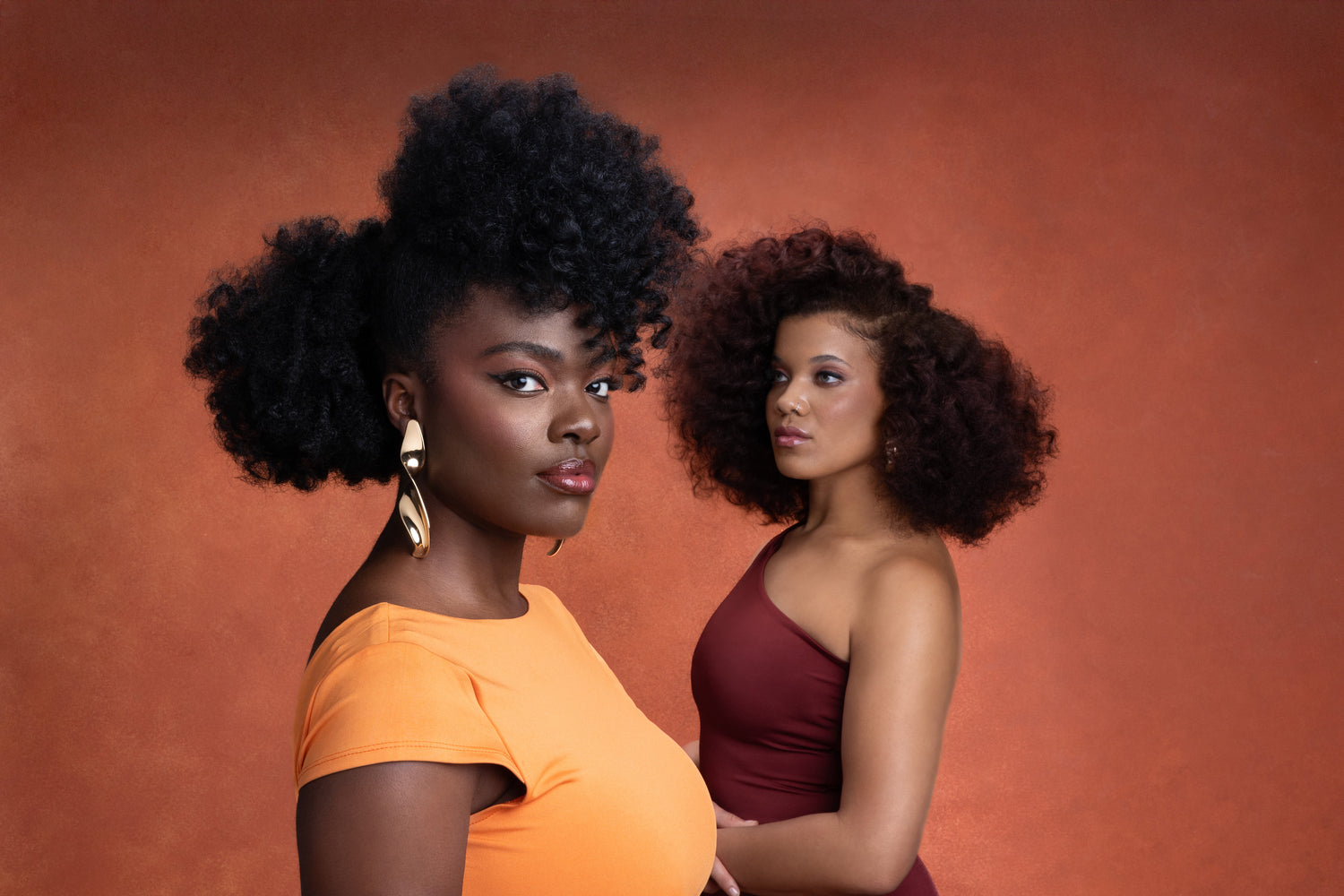So you've decided to "go" natural; or you already wear your hair in its natural state but don't know much about this fibre growing out of your scalp. That's totally understandable.
When it comes to natural hair, there is a lot of misinformation out there and a lot of unlearning to be done; The Miseducation of Afro Hair is an album with many songs.
Here are 5 things you may be surprised to know about afro hair.
1. Afro Hair is Fragile
You were probably told growing up that your hair was "tough". You can may have memories of sitting between your mother's legs as she greased your scalp. As the comb tore through your hair you may have been told you were only crying because you're "tender-headed"and your hair is tough... actually, it's quite the opposite.
Afro hair is fragile because of its kinky nature, each kink and spiral is a potential point of breakage, thus it's important to be gentle. The ends of your hair are the most fragile as these are the oldest parts of your hair and as such extra care should be taken with them. Treat your hair like silk and you'll soon see the benefits.
When it comes to detangling, start at the ends of your hair. Detangling with lightly oiled fingers is the gentlest way to remove tangles. If you prefer to use a comb, wide tooth combs are best as they are least likely to snag the hair.
2. Afro Hair needs Moisture.
Something else you were probably told growing up was to avoid water. In actual fact, water is needed to achieve soft and moisturised hair.
Moisture is vital for healthy Afro hair. Afro hair is prone to dryness because of the twists and turns in the hair fibre. This is why using a water based moisturiser is so important. This leads us to point #3.
3. Oil is Not a Moisturiser.
As mentioned in point #2, water is key to moisturising hair. An oil or butter alone will not do the job. Such products are best used after a water based moisturiser as water will evaporate from your hair as easily as it entered it.
You will find that layering products is the most effective way to keep your hair moisturised. The LOC (applying a liquid then oil, then cream in that order) and LCO (applying a liquid, then a cream, then an oil in that order) methods work well.
4. Afro Hair Needs to be Washed Weekly.
Another common misconception is that afro hair does not require frequent washing. This is not the case. As stated in point #2, Afro hair loves water and the scalp needs to be cleansed to keep it healthy - think of it as an extension of your face. A clean scalp creates a healthy environment for hair to grow and so washing at least every 7-10 days is advised. If you do exercise or use heavy products such as gel or Shea butter then you may need to wash your hair more often.
5. Heat is Not Your Friend.
Heat from blow driers, hot irons and straighteners is damaging to the hair. These processes remove water from the hair in a way that makes it more prone to dryness and breakage.
A common reason for blowdrying is to combat shrinkage. If you prefer to wear your hair in a stretched state, you can use the heat-free methods such as:
- braiding
- banding
- African threading
If you're new to natural hair and you're not sure where to start, try our Newly Natural Set.
Other articles:
Why is my hair so dry? 4 permanent fixes to say bye to dry hair.



